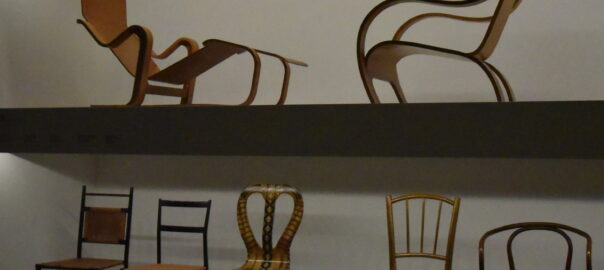The Art of Boredom – Writers Lament
Boredom. Tedium. Monotony. Quiet. It’s been over a year since the pandemic exiled us to a repertoire of sofas, armchairs and kitchen-tables-turned-desks. Though the phenomenon of lockdown has been common across the board, few of us have experienced it in the same way. Here, Wales Arts Review compiles reflections from some of the finest writers of Wales on the elusive art of being, rejecting and wishing for boredom.
My piece:
Whenever I’m bored it’s not because I lack options but because none of them appeals to me and their very unattractiveness saps my capacity to manufacture alternatives.
At Christmas, the prize for a cracker-pulling victory is sometimes a tiny spinning-top, like a tubby ballerina revolving en pointe. As a child, I’d set this little toy going in front of a small mirror. Its whirling action instantly doubled in the busy space before the mirror’s bright face. But on the other side of the mirror nothing was happening.
When I’m bored, I’m in a place of nullity, as actionless as the terrain behind the mirror. All is meh.
In my experience, there are three paths of reaction. The first is do nothing – which feels like double meh and risks becoming a sink hole, to unpleasant, risky depths.
Then there’s do something – with one proviso.
If I do something which has a focus outside myself, the inertia of boredom usually shifts. Say, I finally make that donation to a charity that has been pending for ages in my tray of good intentions. I see, with borrowed eyes, a new potential set of purposes.
I have no professional expertise in this area (and we are considering boredom, not depression) so my opinion is no more than that: I wonder if boredom is the surface level of accidie (from the Greek a = ‘not’ and kedos = ‘care’), a not-caring-state. Accidie is an affectless torpor, experienced as both restlessness and an inability to act. The ancient remedy has been a gentle but determined creation of a schedule and adherence to it until an unforced energy returns. I see this as another version of focus outside oneself; in this case on productive, often humble, activities.
And there’s do nothing, but purposefully. If I embrace the silence and stillness behind the mirror, entering into it, in a safe practice of mediation − as into a territory of expansion, limitlessness, hope − I give myself the chance of hearing new messages.
Boredom is an antithesis of joy but it can be the start of something big.
